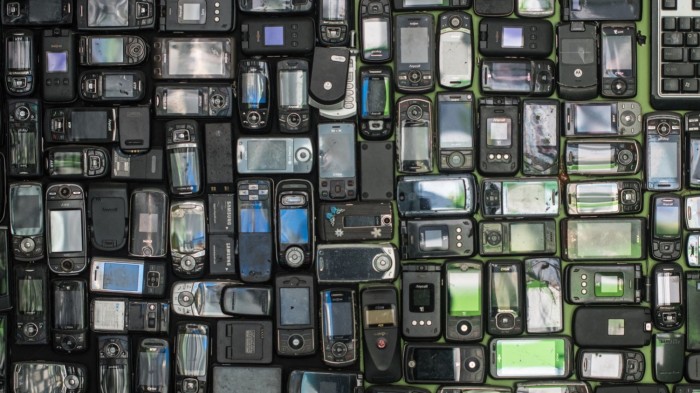Unlock the White House Watch newsletter for free
Your guide to what the 2024 US election means for Washington and the world
The European Commission is issuing burner phones and basic laptops to some US-bound staff to avoid the risk of espionage — a measure traditionally reserved for trips to China.
Commissioners and senior officials travelling to the IMF and World Bank spring meetings next week have been given the new guidance, according to four people familiar with the situation.
They said that the measures replicate those used on trips to Ukraine and China, where standard IT kit cannot be brought into the countries for fear of Russian or Chinese surveillance.
“They are worried about the US getting into the commission systems,” said one official.
The treatment of the US as a potential security risk highlights how relations have deteriorated since the return of Donald Trump as US president in January. He has accused the EU of having been set up to “screw the US” and announced 20 per cent so-called reciprocal tariffs on the bloc’s exports, which he later halved for a 90-day period.
At the same time, Trump has made overtures to Russia, pressured Ukraine to hand over control over its assets by temporarily suspending military aid — and has threatened to withdraw security guarantees from Europe, spurring a continent-wide rearmament effort.
“The transatlantic alliance is over,” said a fifth EU official.
Brussels and Washington are locked in sensitive talks in a number of areas where it would suit either side to gather information about the other.
Maroš Šefčovič, EU trade commissioner, is holding talks with commerce secretary Howard Lutnick in Washington on Monday, in an effort to resolve an escalating trade war.
The EU has delayed its retaliatory measures against €21mn of US exports that it approved because of US tariffs on steel and aluminium.
The US has also attacked the EU’s regulation of its technology companies and claimed that Brussels is gagging free speech and rigging elections, such as the controversial exclusion of a candidate to be president in Romania for benefiting from a surge in support from TikTok accounts.
Three commissioners are travelling to Washington for the IMF and World Bank meetings from April 21-26: Valdis Dombrovskis, economy commissioner; Maria Luís Albuquerque, the financial services chief; and Jozef Síkela, who handles development assistance.
The Commission confirmed that the security advice had been updated recently, but declined to comment on the specifics. It said the bloc’s diplomatic service had been involved as it routinely is in such security updates.
Officials said the guidance for all staff travelling to the US included a recommendation that they should turn off phones at the border and place them in special sleeves to protect them from spying if left unattended.
There is an additional risk with the US — where border staff have the right to seize visitors’ phones and computers and check their content.
Tourists and visiting academics from Europe have been refused entry to the country after having social media comments or documents critical of the Trump administration’s policies on their phones or laptops.
In March, the French government said a French researcher had been denied entry and sent back to France because he had expressed a “personal opinion” on US research policy.
Commission officials have been told to ensure their visas are in their diplomatic “laissez-passez” documents rather than their national passports.
Read the full article here




